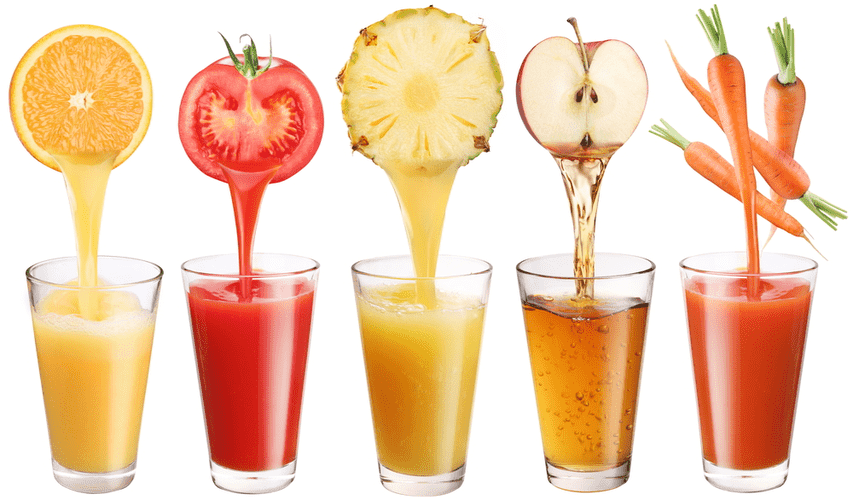24 Mai Rediscovering Joy: Engaging in Fun Activities and Games for Addiction Recovery health blog
Theme groups are focused on support and finding commonalities between members. They tend to have more structure than process groups and focus on a single topic. Many participants in substance abuse groups may have trauma histories that can be triggered during activities.
Printable Recovery Games + Activity Ideas
The journey to recovery offers an unparalleled opportunity to rediscover joy Halfway house in the simple things life presents. Engaging in fun in recovery activities not only brightens your days but also aids in emotional and mental healing. Trying your hand at painting or joining a music class can unlock new passions, offering therapeutic benefits and a sense of accomplishment. Moreover, participating in comedy nights or book clubs brings laughter and new perspectives into your life, fostering optimism. This article explores 50 substance abuse group activities designed to empower individuals in their recovery journey.
Benefits:
- These games can be adapted for group settings or individual use, depending on the specific needs of the person.
- Financial planning might not sound like a barrel of laughs, but turn it into a game, and suddenly budgeting becomes bearable.
- Spirituality can provide a sense of purpose and inner peace in recovery for those interested.
- For those who prefer a more intensive approach, therapy camps for adults offer immersive experiences that can jumpstart the recovery process.
In this session, members learn to treat themselves with kindness, focusing on forgiving their mistakes and building self-acceptance to maintain a supportive, https://hostgate.it/?p=442 constructive mindset. Writing a letter to one’s younger self can be a powerful way to foster compassion and forgiveness. Members write words of support, advice, and encouragement to their past selves, helping them process regret and build self-compassion. The movements and postures promote restorative breathing, gentle stretching, strength, and flexibility development. Beyond improving the health of the body, yoga focuses on calming and healing the mind. If the parts of your being are healthier connected due to yoga, practicing mindfulness will only enhance its effects and accelerate this connection.
Are There Non-Profit Sober Living Homes?
Encouraging members to share their personal stories helps build trust, empathy, and connection within the group. Members realize they’re not alone in their journey by discussing their challenges, victories, and motivations for recovery. Journaling is about getting in touch with your experiences through writing, while expressive writing is about processing emotions.
Group fitness classes, such as yoga or dance, can make exercise more enjoyable and social. It also promotes accountability within the group to stay active and healthy together. Recovery is a journey, and finding joy and connection along the way is an essential part of the process. For many, that means taking a closer look at work styles, hobbies, and relationships.
Rebuilding Trust
This activity explores various hobbies, encouraging members to try activities that bring joy and fulfillment, enhancing mental health and enriching life. This activity discusses the qualities of supportive relationships, such as trust and respect, and explores ways to build or repair these connections to foster a strong, encouraging network. Setting personal goals gives members a clear direction in their recovery journey. This activity helps members define short-term and long-term goals, creating actionable steps to achieve them.
Discussing Relapse Warning Signs

Suggest different coping strategies they could use to stay sober when triggered. Substance abuse support groups must address unique ethical considerations and challenges to ensure a safe, supportive environment for participants. Below are issues facilitators should consider during therapeutic group fun group activities for adults in recovery activities. Zainab is a skilled member of the ChoicePoint team of medical content writers.

Discuss how treatments for physical illnesses – like broken bones or infections – are similar to treatments for psychological illnesses like addiction. Brainstorm ideas for the ideal hospital or retreat to provide you with mental and emotional healing. We previously posted a list of 60 substance abuse group therapy activities to give readers an idea of what kinds of topics they might encounter during a theme/support group. She has a Bachelor’s degree in Psychology and a Master’s degree in Social Work. With 17 years of relevant experience, she has helped several clients in their journey to recovery from addiction. CBT skills group is a course that teaches mindfulness, your emotions, and the interconnection of thoughts, feelings, and behaviors.

Printable Activities for Self-Awareness and Mindfulness
Taking part in recovery group activities provides a plethora of advantages for members. Thus, actions such as painting, meditation, and writing assignments give patients a chance to transform and learn about their healing process. Substance abuse group activities create a supportive environment that empowers individuals on their path to recovery. These 50 activities build practical skills and encourage self-discovery, resilience, and meaningful connection with others. Through structured, thoughtful activities, members gain the confidence and tools needed to overcome challenges and celebrate victories, creating a foundation for a fulfilling life in recovery. Each activity, from practicing mindfulness to setting personal goals, offers unique ways to support lasting change and emotional resilience in a group setting.



No Comments